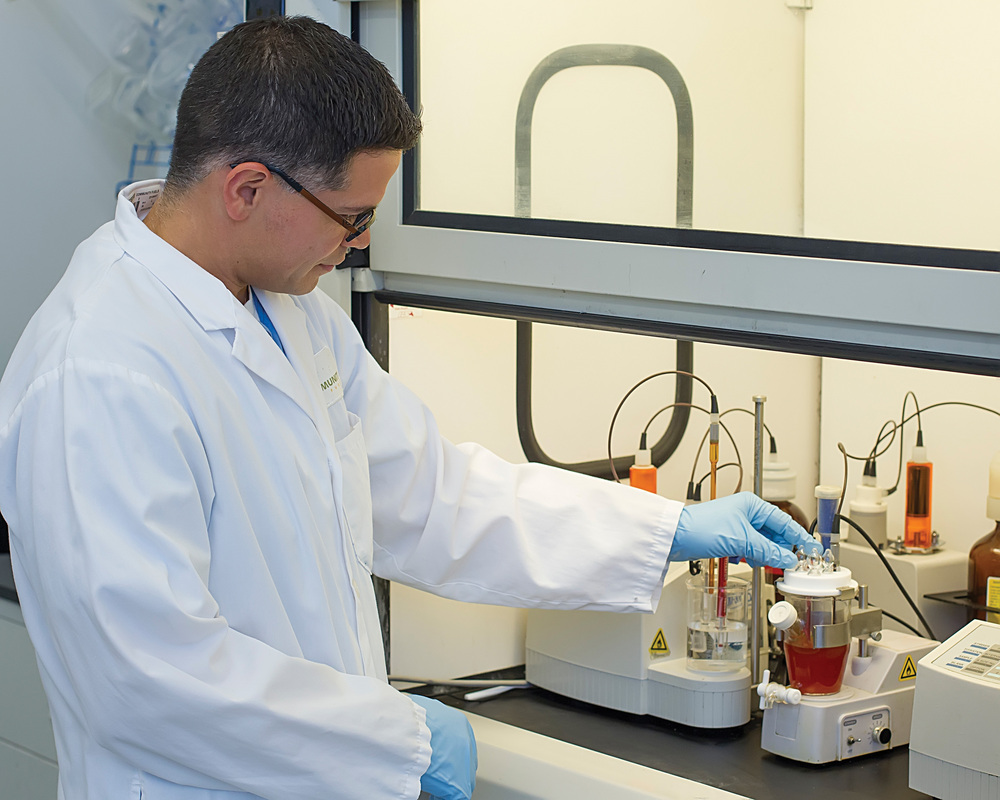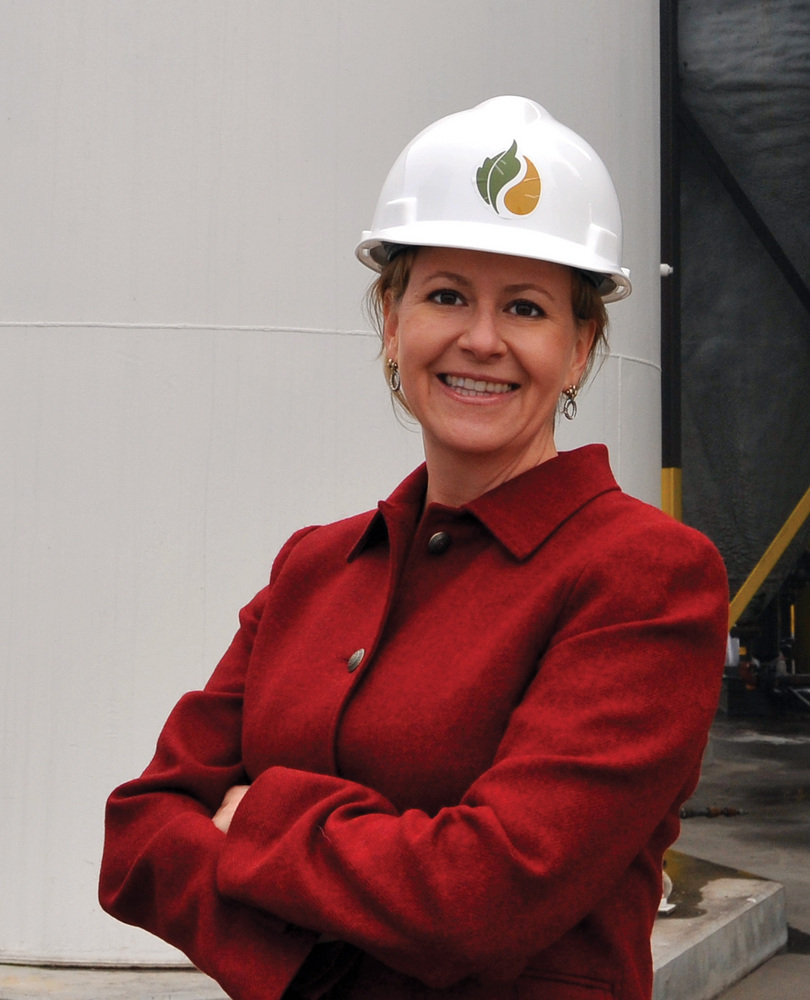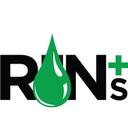Biodiesel Quality: An Industry Imperative



PHOTO: CAPTIVATING PHOTOS
August 26, 2013
BY Lisa Mortenson, Christopher Young and Steven Sabillon
At the time that Community Fuels was founded in 2005, the nascent U.S. biodiesel industry was working through some considerable growing pains. Production and usage of biodiesel were expanding rapidly, but with that expansion came an increase in the frequency of negative incidents related to poor fuel quality. When we met with fuel distributors in those early days of our business, many of them told us stories about how they had tried biodiesel and had terrible experiences with it—from technical problems with the fuel itself (filter plugging, fuel gelling, etc.) to concerns about the business ethics of people from whom they were purchasing the fuel. One distributor had a shelf in his office lined with dozens of biodiesel samples from prospective suppliers who had met with him before we did. At the bottoms of most of the sample jars, there were visible layers of glycerin and other impurities that had settled out of solution. It was evident to us that fuel quality had become an existential issue for the industry. Customers would not purchase biodiesel unless they could be assured of receiving a consistent, reliable supply of fuel from a trusted source. We realized that in order for Community Fuels to succeed and thrive as a biodiesel producer, we would need to make our brand associated with quality and integrity.
When Community Fuels built an advanced biorefinery at Port of Stockton, Calif., we made two fundamental decisions that underscored our commitment to product quality. First, we designed our own proprietary production process instead of going with a turnkey system provided by an outside party. This gave us direct control over operational factors affecting product quality and flexibility to respond to changes in the dynamic biodiesel market. For example, when the cold soak filtration test was added to the ASTM D6751 standard specification for biodiesel, we were able to make adjustments to our product purification steps and verify that our fuel would comfortably pass the test well before the revised standard went into effect. Evaluating and fine-tuning our process would have been a much more difficult and lengthy undertaking without the deep in-house knowledge and familiarity gained through designing, constructing, commissioning and operating the production facility on our own.
Second, we made a major investment in establishing a state-of-the-art laboratory at our production facility as part of our commitment to product quality. Community Fuels’ on-site laboratory is equipped with instrumentation capable of performing a range of advanced analytical techniques, including a broad suite of test methods specified under the ASTM D6751 specification. This goes far beyond standard industry practices and continues to differentiate us from other biodiesel producers. As a result of these exceptional on-site laboratory resources, Community Fuels has been able to implement critical quality assurance practices that would otherwise not be economically or logistically feasible. During operations, samples are routinely collected from several points throughout the production process and analyzed in near real time. The information obtained from these analyses allows operators to ensure that the system is functioning properly and detect early warning signs of any potential problems. In addition, data from in-process samples provides insight into ways that we can refine our production process to achieve greater efficiency and further improve product quality.
Advertisement
All production lots of finished biodiesel are tested to verify that they meet our own “Community Fuels Specification” for fuel quality. This specification, which was developed with input from our customers, is much stricter than ASTM D6751 requirements and closely mirrors the standards established by several major oil companies. We designed the specification to insure that our fuel would be suitable for challenging applications in our primary markets in the western U.S., which encompasses an extreme range of climate conditions (vehicle operators routinely pass from scorching deserts to frozen mountain passes in the space of a few hours). Our in-house testing program has strongly contributed to developing customer confidence and earning Community Fuels a reputation within the marketplace for supplying fuel of impeccable quality.
Community Fuels’ business model anticipated that as the biodiesel market grew and matured, fuel-purchasing decisions and blending activities would move upstream: from retailers and commercial fleets to refiners, major oil companies, and large terminals. We are currently seeing this happen at a rapid pace. It will therefore be increasingly necessary to meet the requirements of customers within the petroleum industry in order to have our fuel accepted and used in significant volumes. This will place an even stronger focus on fuel quality as petroleum markets have strict quality standards in place and are extremely discerning about sourcing biofuels. Community Fuels successfully completed our first product integrity audit by a major oil company in 2009, and many additional audits and approvals have followed.
As our customer base continues to expand, some fuel buyers are starting to require BQ-9000 certification from their suppliers. To ensure that we would not be blocked from key markets, Community Fuels obtained BQ-9000 producer certification in June 2012. We were gratified to achieve this milestone, as it validated our proprietary biodiesel production process and our overall quality management system. But we felt that the producer certification did not capture the full extent of our fuel quality management program—especially the extensive laboratory and analytical capabilities that play such an integral role in our operations. We therefore decided to pursue BQ-9000 laboratory certification as well, which went far beyond the requirements for producer status and focused on the ability to perform valid, accurate testing of biodiesel. After successfully completing the documentation review and on-site audit processes, Community Fuels received BQ-9000 laboratory certification this March. We are the first (and to our knowledge, the only) biodiesel producer in the nation to attain both BQ-9000 producer and laboratory certifications.
Advertisement
Going through the BQ-9000 laboratory certification process was a valuable exercise for Community Fuels that helped us to strengthen our overall quality management program. We developed quality control charts for each of our test methods in order to statistically monitor their performance and establish control limits for ongoing assessment. The BQ-9000 test performance index gave us another means to quantitatively evaluate the precision of our quality control data and determine if any improvements to the test method or analytical systems are necessary. We also set up a more structured schedule for calibration and maintenance of laboratory instrumentation, which is critical to increasing the reliability of analytical results and reducing instrument downtime. In addition, we evaluated our procedures in other areas (such as staff training, laboratory documentation, sample storage, data and record management, etc.) and made refinements where appropriate. The BQ-9000 laboratory certification process presented us with an opportunity to closely examine our existing quality management program and obtain an honest assessment of where we stood and how we could improve.
Biodiesel is enjoying strong demand in 2013 and has grown far past its beginnings as a boutique fuel. It has been incorporated into commercial fuel markets and is considered one of the most practical means of meeting obligations mandated by the federal renewable fuel standard and California low carbon fuel standard. As an industry, we need to be vigilant on quality issues to ensure that biodiesel grows its position as an advanced biofuel and continues to be blended with petroleum fuels at higher volumes. Even a single negative incident related to out-of-spec fuel can tarnish a producer’s reputation and give a black eye to the biodiesel industry as a whole. As one of our customers with nationwide operations told us, “A biodiesel quality problem in Chicago is a biodiesel quality problem for the whole country.” Word travels fast and any bad experiences are sure to be shared.
Quality is easy to talk about but much more challenging to truly achieve. It requires substantial investment, serious commitment and continuous action. Producers and consumers of biodiesel will both benefit by making the pursuit of quality a basic part of their corporate culture and integrating it into their everyday activities. A rigorous quality control program must be proactive and include frequent and comprehensive fuel testing—the scenario to avoid at all costs is discovering a quality issue with fuel released to the market only after it has caused problems for end users. At Community Fuels, we have never regretted the expense, time and effort that we have devoted to our quality program over the years. Based on our experience, taking extra measures to ensure fuel quality has unequivocally proven to be a good business decision.
Authors: Lisa Mortenson, Christopher Young and Steven Sabillon
CEO, Director of Operations and QC/Lab Manager; Community Fuels
760-942-9306
lisa@communityfuels.com
Related Stories
Clean Fuels Alliance America on June 10 announced the launch of the newly redesigned BQ-9000 website, delivering a streamlined and user-friendly experience that better showcases the value of biodiesel quality assurance.
The U.S. EPA on Aug. 21 released data indicating nearly 2.04 billion RINs were generated under the RFS in August, up from 1.84 billion generated in August 2022. Total RIN generation for the first eight months of the year reached nearly 15.45 billion.
WestJet Group CEO Alexis von Hoensbroech, on Sept. 19 at the World Petroleum Congress in Calgary, addressed the airline's ambitions to achieve net-zero emissions by 2050 and the vital role SAF plays in the future of decarbonizing aviation.
Clean Fuels Alliance America, American Soybean Association, National Oilseed Processors Association the U.S. Canola Association are urging the Biden administration to adopt GREET for the purposes measuring GHG reductions for the SAF tax credit.
Montana Renewables LLC, a subsidiary of Calumet Specialty Products Partners LP, on Sept. 18 hosted an event to celebrate the first receipts of camelina oil into its biorefinery in Great Falls, Montana. The facility produces renewable diesel and SAF.
Upcoming Events










